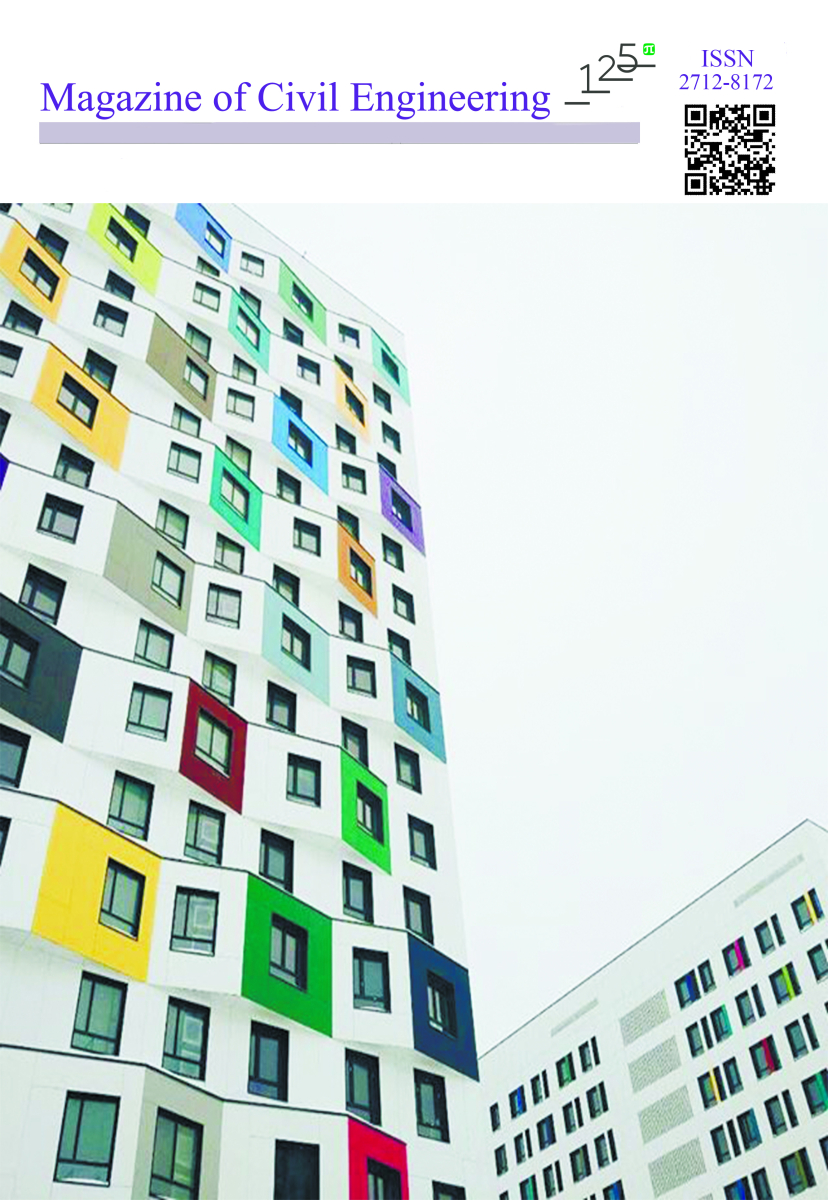Properties and thermal insulation performance of light-weight concrete
The building energy performance is becoming increasingly important, because of environmental restrictions and rising costs of fuel end energy. Therefore, improve the thermal insulation performance of wall covers of buildings is crucial. The present study evaluated the combined effects of two types of materials of expanded polystyrene (EPS) beads and unprocessed fly ash (FA) in Vietnam on properties of light-weight concrete (LWC). The calculation of mixture proportions of LWC is applied in accordance with the absolute volume method. Twelve different concrete mixtures with a water to bind ratio of 0.3 and superplasticizer SR 5000F to Portland cement ratio of 0.02 were used. The EPS beads and FA were partially replaced with the volume of fresh concrete and cement, respectively. The engineering properties, including workability, density, compressive strength, tensile strength, modulus of elasticity and basic physical properties were investigated in 12 patterns of tested LWC and its correlations were made. In addition, the definition of temperature distribution over the thickness of the experimental wall cover was applied by the ANSYS 18 software. According to the experimental results, there is a decrease in dry density and mechanical properties with increasing these EPS beads and FA contents in LWC. The results by ANSYS 18 are shown that at the same thickness of 250 mm, a wall with the blocks LWC brick has better insulation than the wall made of other materials such as solid clay brick, clay hollow brick and solid brick with slag concrete.


